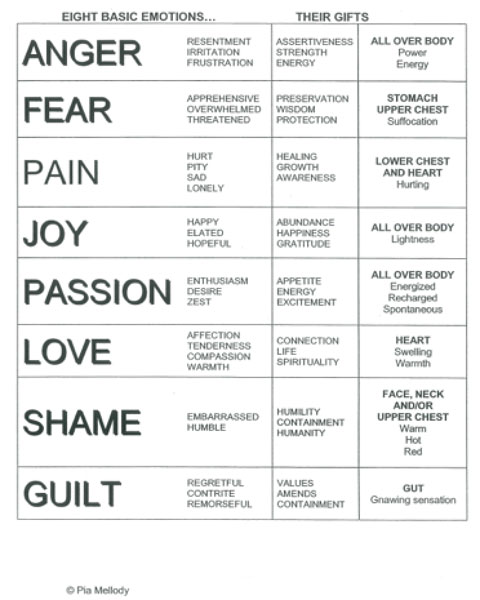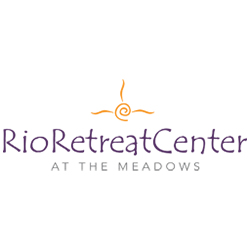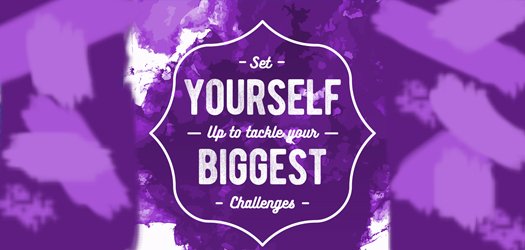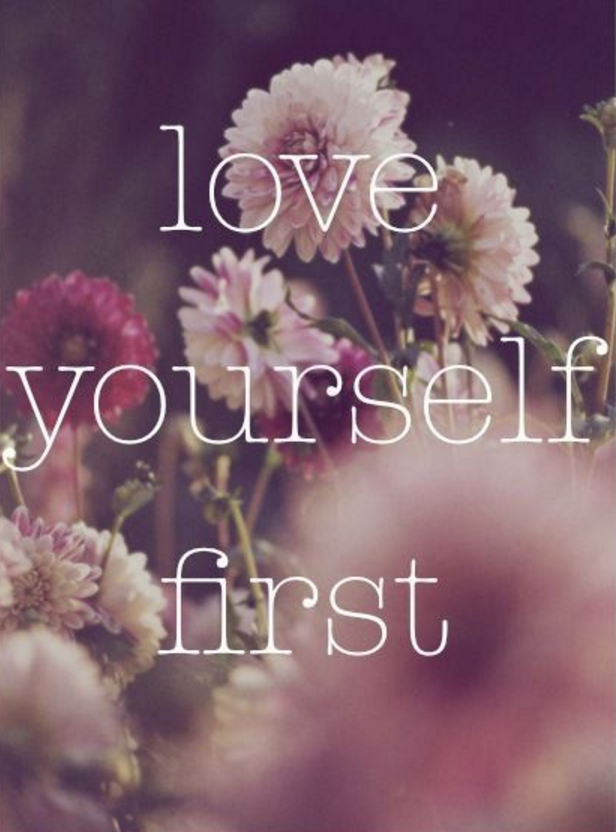In our culture, we are taught that certain feelings are off limits. There is a general sense that if you’re not happy most of the time that you’re doing life wrong.
I went into my own therapy and my career of becoming a therapist to rid myself and others of all those inconvenient and unpleasant feelings of fear and pain. Before I began any of my own therapy, I didn’t even have words to describe what my therapist referred to as “feelings”. Why would I want to describe or acknowledge any of these horrible sensations and experiences with words that might allow other humans to understand what I was going through and maybe even see the real me?

After doing my best to avoid feelings in my therapist’s office for as long as he would allow, I acquiesced to his consistent, we’ll call it re-direction: “That’s not a feeling, that’s a thought”. When I started labeling my emotions I discovered something quite shocking—it takes a lot less energy and creates less suffering to just feel them and maybe, if you’re brave enough, to share them with someone else.
Upon deeper investigation, I began to understand that I had neatly tucked away my feelings. I had traded them in for a nicely organized chart of life experiences with lots of explanations and justifications to avoid ever experiencing any of those emotions. I later discovered this was called intellectualization, a distorted thinking pattern, set up by certain parenting missteps from my major caregivers.
The Gift of Emotion
I’ve also learned that each of the eight primary emotions offers us different gifts, and to avoid any of them negates a unique part of the human experience. It turns out that while I was avoiding all that pain and fear, I was actually avoiding a whole lot of joy, love, and passion as well.
Through my work here at The Meadows, I have seen how much damage can be done while trying to avoid feelings. People attempt to avoid feelings through various types of addictions and other unhealthy behaviors. Many times shame is a major contributing factor. Interestingly enough, as we try to medicate our feelings of shame and worthlessness, we are actually creating more shame, which then has to be medicated as well, leaving us in a never ending bind. By looking at our past we are able to identify the messages we received about which feelings are “okay” and which are not, and eventually learn to cope with all of them. By learning to tolerate and accept feelings the way they are, and not the way we want them to be, we allow ourselves to become more authentic. The result is that we are less prone to use those old methods of avoidance and self-protection that landed us in a heap of trouble.
The Eight Basic Feelings
So, you may be thinking, “why would I want to feel my feelings?” The answer is that each one of our emotions offers us a distinctive gift. Even fear, pain, and shame—emotions we are most likely to try to avoid—serve an important purpose.
Healthy fear lets us know that we are in danger and should move to safety, literally keeping us alive.
Pain may be one of the reasons you’re on this particular website; and really, it’s one of the main catalysts for change. Most people do not enter a treatment program or make a major life change without first experiencing some amount of pain. Pain can be a real motivator and—let’s face it—sometimes a good cry feels really healing.
When it comes to our own shame, healthy feelings of shame offer us containment. As Pia Mellody says, we only need enough healthy shame to keep us from running naked down the street. Experiencing our own shame allows us to accept our own mistakes and humanity; and, with those experiences, we are able to accept the mistakes of others without all that self-righteous victim anger or resentment bubbling up.
Most people don’t end up in treatment because of having too much joy, passion, or love; however, maybe you grew up in a family where these feelings were not acknowledged or expressed. Joy, passion, and love are the building blocks of relationships and being able to get in touch with and express these three feelings can be a very powerful experience and improve your mood almost instantly.
Learning to Feel
I’d like to think that I’ve made friends with most of those eight emotions, and have learned that the most uncomfortable feelings offer me the greatest lessons.
 If you are struggling to cope with your emotions, join us for one of our Survivors workshops. These workshops are designed to provide you insight into how your past is impacting your present, as well as, reducing reactivity and intensity of your feelings in your current relationships. Call 866-932-2036 for more information.
If you are struggling to cope with your emotions, join us for one of our Survivors workshops. These workshops are designed to provide you insight into how your past is impacting your present, as well as, reducing reactivity and intensity of your feelings in your current relationships. Call 866-932-2036 for more information.
Source Link:- Trauma Therapy Arizona










 If you are struggling to cope with your emotions, join us for one of our
If you are struggling to cope with your emotions, join us for one of our 












